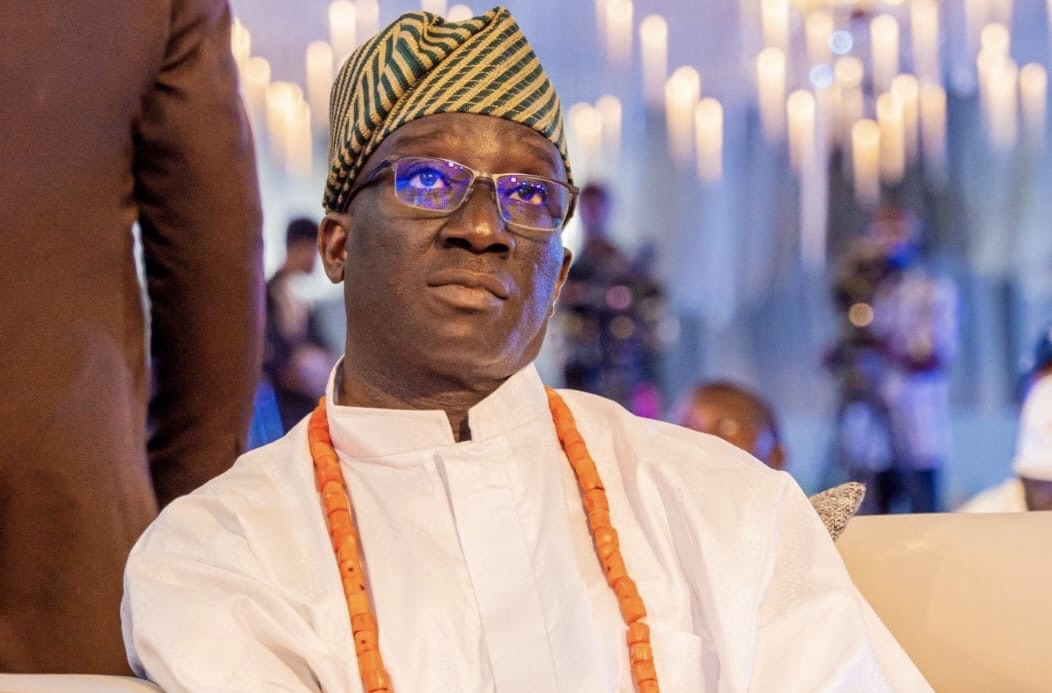Amongst Netflix’s recent collection of Yoruba films, “House of Ga’a” is an unforgettable piece. The epic Netflix movie released July 26, 2024 tells the story of the insatiable quest for power and the consequences it brings. It is a famous Yoruba real-life story of an Oyo-Ile tyrant.
The movie begins with a gripping war scene between the Nupe and the Yoruba Kingdom. Ga’a and his sons lead the Yoruba people to victory, earning Ga’a the title of Bashorun of Oyo. After the war, Ga’a chooses a Nupe enslaved person, Zeinab, as one of his servants, eventually making her his wife, which displeases his other wives. He appoints his brother Olokoye as the governor of Ibadan and his first son Olaotan as the governor of Dahomey and sends his other sons to cover Egbaland and Ilorin. However, he gives nothing to his younger brother Olubu, considering him a drunkard and a family disgrace.
Bashorun Ga’a’s son Oyemekun is sent to Dahomey to be trained as a warrior. Oyemekun is in love with Princess Agbonyin, whom he wants to marry, but his father marries her off to his uncle Olokoye, the governor of Ibadan.
Meanwhile, as Bashorun Ga’a remembers how the Alaafin when he was a crown prince beat his older brother Oluke to death, Ga’a considers himself the most powerful man in the kingdom, refusing to bow even to the emperor. Ga’a is allowed to select the Alaafin by fearful noblemen known as the Council of Chiefs (Oyomesi), ensuring a ruler who would respect him and not demand his obedience. Ga’a’s resentment towards the Alaafin grows leading him to conspire with the Oyomesi against any non-submissive Alaafin. This continues until Majeogbe becomes Alaafin. Majeogbe, aware of Ga’a’s tricks, protects himself with charms and is determined to end Ga’a’s authoritarian rule. Majeogbe’s reign is marked by his efforts to stop Ga’a’s violence. At the wedding of Olokoye and Princess Agbonyin, Majeogbe proposes a one-on-one sword fight between his best warrior and Ga’a’s best warrior. Olaotan accepts the challenge but Majeogbe insists that Oyemekun, who is less experienced, fight instead. Majeogbe’s warrior Idi Al-Farouk is intimidating and skilled but when Onisigun intervenes in the fight and stabs Idi, he kills Onisigun before dying. Devastated by his son’s death, Ga’a vows to destroy Majeogbe at any cost.
The “House of Ga’a” features a star-studded cast of Yoruba actors including Jide Jblaze Oyegbile, Tosin Adeyemi, Toyin Abraham, Bimbo Manuel and Lateef Adedimeji. Femi Branch, Mike Afolarin, Femi Adebayo, Ibrahim Chatta, Adeniyi Johnson, and Funke Akindele also play significant roles. Femi Branch leads with enthusiasm and conviction as Ga’a, an actor whose onscreen presence is compelling.
The film chronicles Ga’a’s rise to power and inevitable downfall, delivering a well-told tale. Branch’s unique gestural dispositions speak more than words as his acting portraying the character Ga’a is apt and flawless – a proud tyrant who meets his doom unprecedentedly.
Remarkable performances from the ensemble cast stand out, particularly Funke Akindele and Mike Afolarin. Akindele playing Ga’a’s first wife provides more needed comic relief. Despite her limited screen time, she leaves a lasting impression. Afolarin, who plays Oyemekun, Ga’a’s youngest son, shows impressive commitment to the role.
“The House of Ga’a” employs numerous techniques including flashbacks, irony and suspense, adding layers to its storytelling. The film offers a rich and respectful exploration of the Yoruba culture, encompassing language, attire, music, dance, worship and the general lifestyle. Initially, the storyline seems like a typical Yoruba epic, but it quickly distinguishes itself by impressively using diverse literary techniques, adding intrigue and depth to the narrative.
The film excels in various aspects including acting, production, storytelling, props, costumes, effects, and soundtrack, showcasing the growth of Nollywood over the years. The well-chosen locations, especially the mountains and horses, enhance the movie’s historical aesthetic.
Directed by Bolanle Austen-Peters and co-produced with Joseph Umoibom, “House of Ga’a” captures viewers’ attention from the first shot to the last credit. The film infuses the historical epic with subtle depth, blending dramatic moments with fast-paced action. The film’s authenticity and meticulous direction respect Yoruba and its people. From costumes and location scouting to dialogue, the movie exudes legitimacy.
The “House of Ga’a” is a captivating tale that entertains while delivering a didactic lesson to viewers. The movie deserves commendation for its brilliant storytelling and for delivering yet another powerful Yoruba epic.


